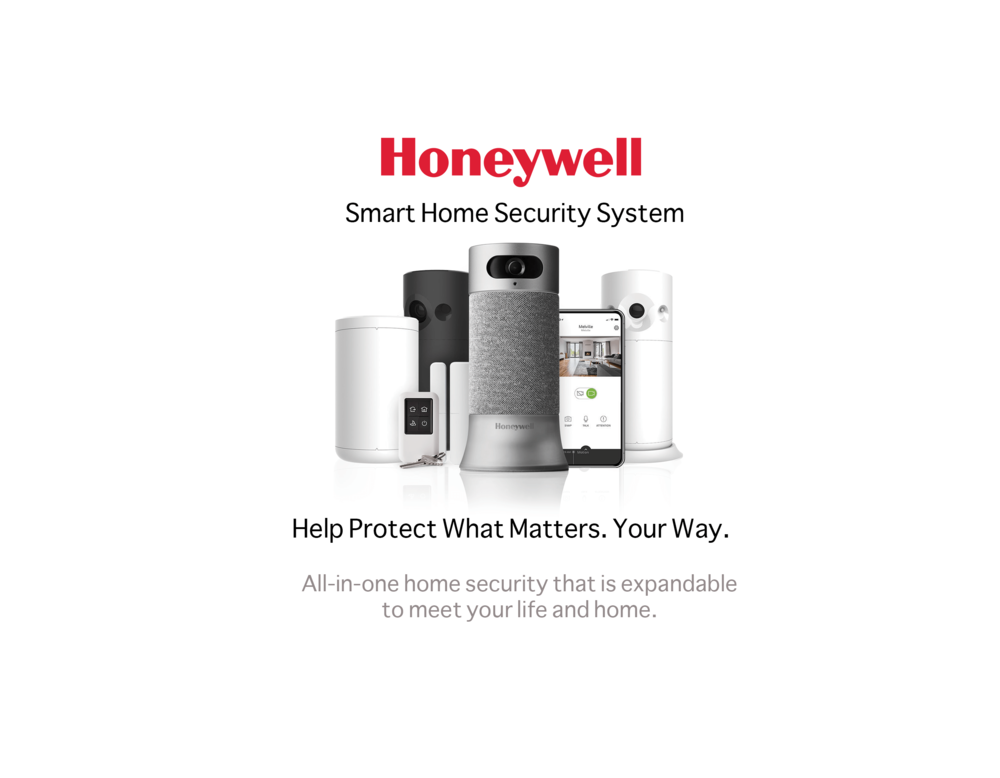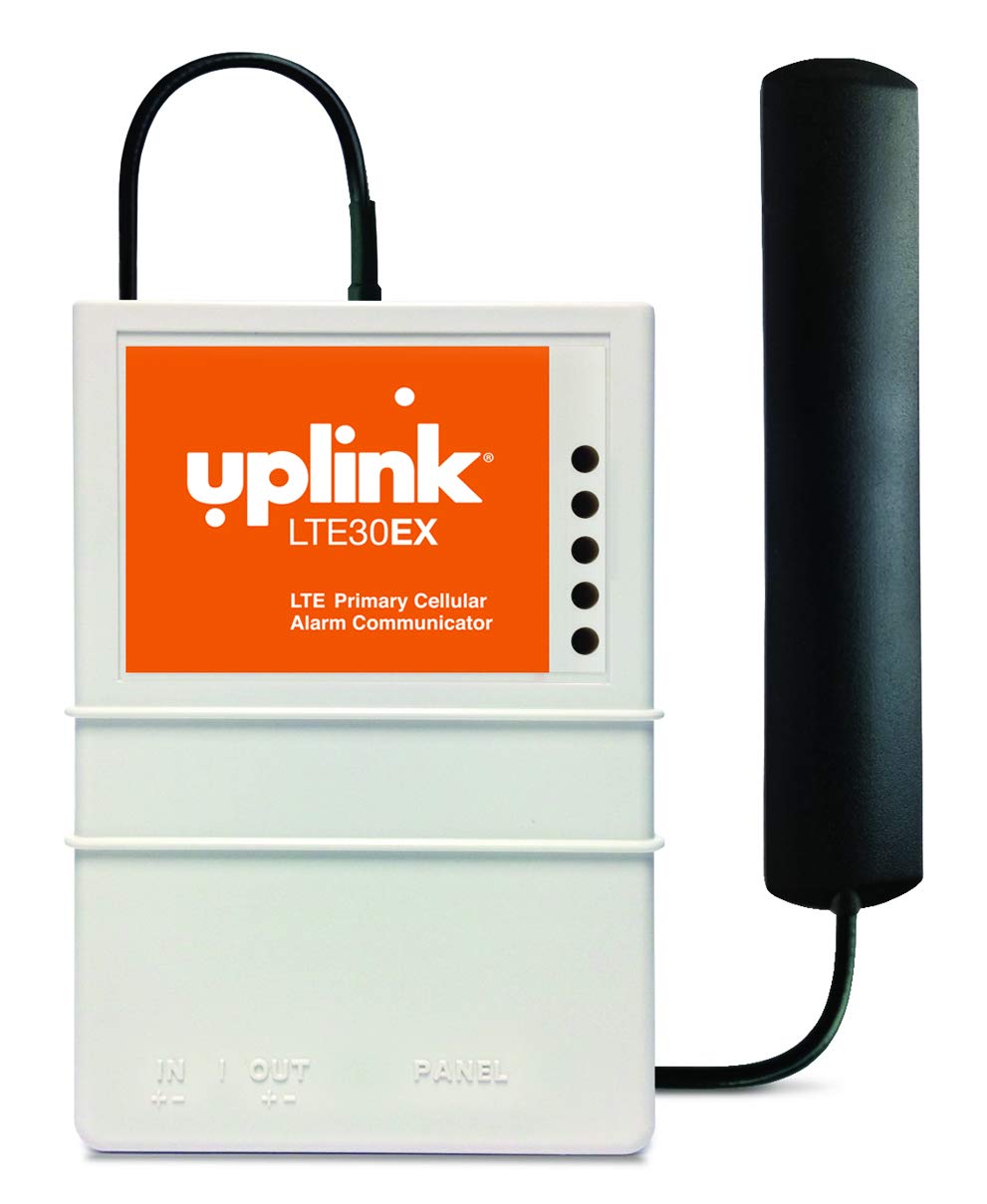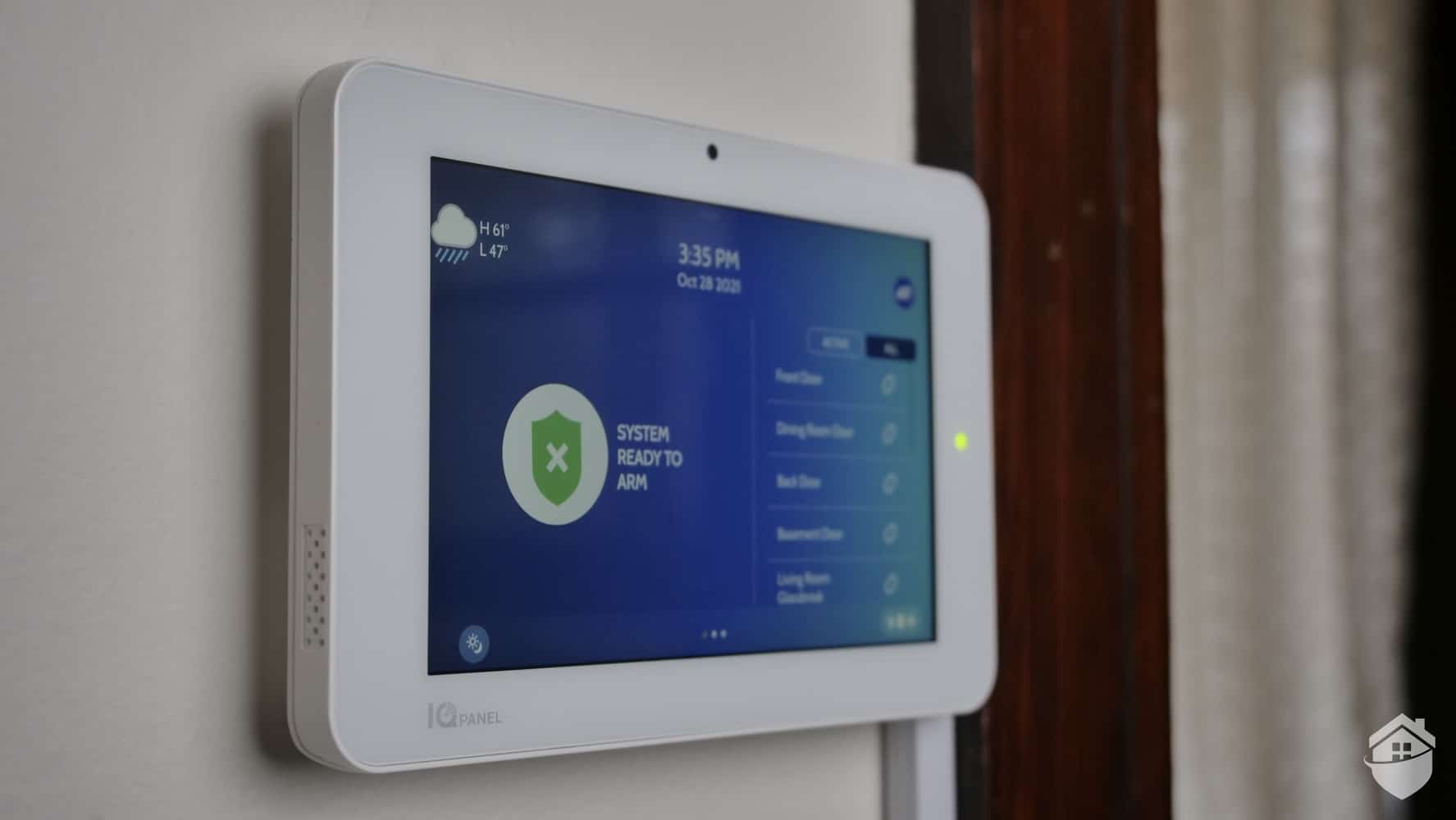
Renters have many options for home security systems. Many of these options provide affordable ways to protect your property. It doesn't matter if the system you choose is for use in your home, dorm or on vacation, you will find one that suits your needs. If you are looking for a more comprehensive package of security, professional monitoring systems might be a good choice.
Renters should have active monitoring as one of their home security features. This means that you can quickly alert authorities to any intrusions on your property. Professional systems have a central panel to verify that everything is functioning properly.
Additional protection may be offered by having a friend or neighbor look after your apartment. You should keep your valuables out of reach and notify your landlord if it's a vacation. You should also ensure that the key is not left under the doormat. You could lose your keys if you don't install a secure lock or latch system at your landlord.

A wireless home security system could be your best option. These systems can be installed quickly and are far more effective than wired. They work even if the power goes off.
You might think about purchasing a smart-bell to improve your apartment's security. The majority of models offer storage and videos. You can inform your landlord when you leave the house, and they can even remotely disarm the system. For added security, consider a home alarm system.
You will want your apartment to look occupied when you rent it. You can do this by setting up lights that turn on and off at random times. You can also put a decal on your screen.
Roommates who rent can sometimes be in an awkward situation. It can lead to major problems if you leave a key on the doormat. Even if your roommates are honest, unscrupulous individuals can still make their way into your rental. You can have remote access to your home via a smart phone or doorbell.

Some security systems will require that you install the wiring and/or cables. You may be permitted to have the system professionally installed by your landlord. No matter what type of system you choose to install, it is important that you consult your landlord before you start any work.
Setup home security systems should be straightforward for renters. These systems have become more user-friendly thanks to modern technology. Frontpoint Systems offers DIY options. Their systems are fully customizable, and they come with a 30 day no-questions-asked return policy. They also have transparent prices.
Calamity will help you choose the best home security system that suits your needs.
FAQ
What is the cost of a home security system?
A home security system is about $2,500. This may seem like a lot of money, but it is actually very cheap compared to the peace of mind you'll gain by having a safe and secure home.
What is the most trusted home security system available?
Ring Video Doorbell Pro has been voted the best home security system. It allows you speak and see anyone anywhere, anytime using your smartphone. You can also record video and share it via text message and email with your friends and family.
Which Home Security Systems Cannot be hacked?
The definition of hacking is key to the answer. Hacking refers to the unauthorized access of computer systems, networks, or data. Because they don't contain software that allows remote control, most home security systems can't be hacked. They will not permit anyone to enter your house without your permission.
However, some home security systems can be hacked if they are connected to the Internet. These systems require a password in order to function. If someone knows the password, he can hack them.
Statistics
- Cove sets you free without punishing penalties and fees, unlike other security solutions that charge 75% to 100% of your remaining contract. (safewise.com)
- Most home security companies will charge you around 75% of the remaining term of your contract if you cancel early—and some require 100%.Related questionsWhat type of contract length can I expect from security providers?Home security system cancellation (safewise.com)
- That's probably why Cove has a whopping 98%* customer retention rate. (safewise.com)
- Depending on your insurance, 24/7 professional monitoring may qualify you for as much as 15% off your premium. (safewise.com)
External Links
How To
How to Install A Home Security System
A home security alarm is a device that monitors the property and alerts you in case of any suspicious activity. It could consist of a motion sensor and doorbell camera as well as smoke detector, smoke detectors fire alarm, flood alerts, carbon monoxide detectors and burglar alarms. A home security alarm system often includes one or two sensors (e.g., motion detections), which send signals to the control panel when they detect movement. The signals are then sent by the sensors to a control center where they are recorded and monitored. A control panel will alert your phone, tablet or computer if something is wrong. You'll know what's going on and can take action immediately.
The first step to installing a home security system is choosing the right type of sensors for your home. There are two main types, passive and active. Passive sensors aren't powered by batteries. They just detect sounds and vibrations in their environment. These sensors include sirens, buzzers, and doorbells. Active sensors use electricity to transmit data. Examples of such sensors include cameras and motion sensor.
There are many sensors brands today. Each brand has its pros and cons. For example, some sensors are weatherproof, while others aren't. Some of them have built in speakers so that you can still hear them from outside. Some only work indoors. Some are basic while others offer advanced features, such as night vision.
After choosing the best sensor type for your property you can choose a manufacturer. This will make sure that your sensors function well together. There should be many options at your local hardware store.
Once you have decided on a brand to use, it is time to decide on how many you want. Depending on whether you live alone or with your family, most people will start with just one or two sensors. If you have plans to purchase additional sensors in the future, it might be worth buying more than you currently need.
Next, determine where you want your sensors to be placed. Are they near windows or doors? Or would you rather have them hidden? Before placing them on your property, get permission. You should also ensure that they don't interfere with electrical outlets or other property features.
You now know where to place your sensors. Now you need a way for them to be connected to your control panel. You might need a power adapter for your setup. Once you have everything in place, your property can be monitored!